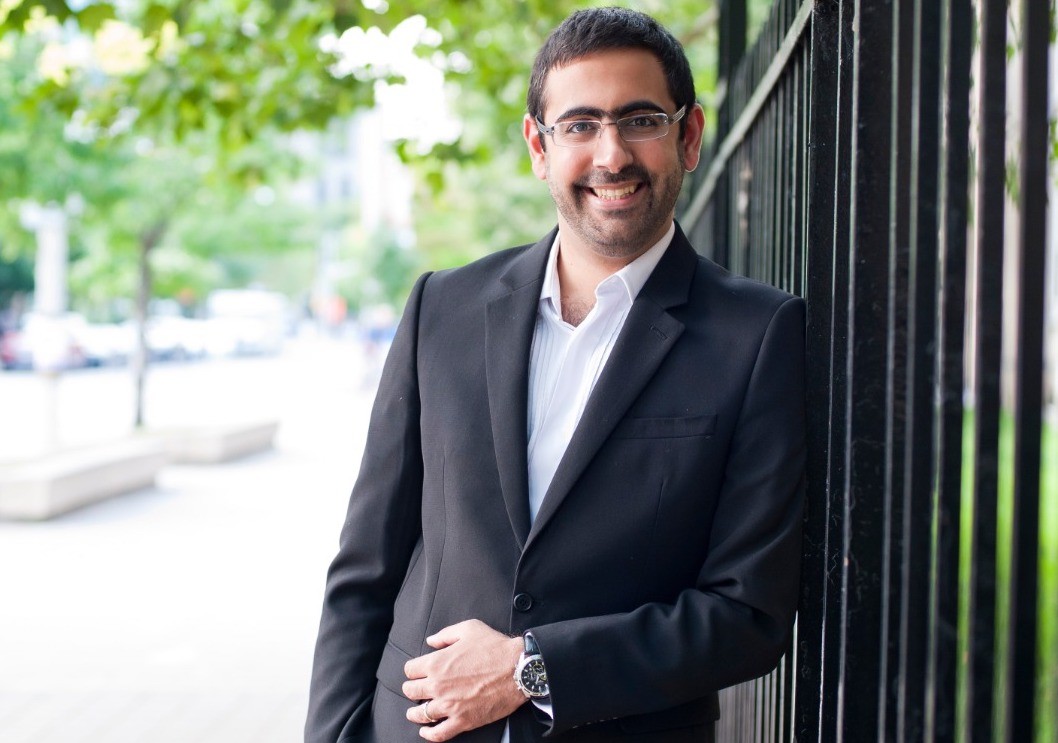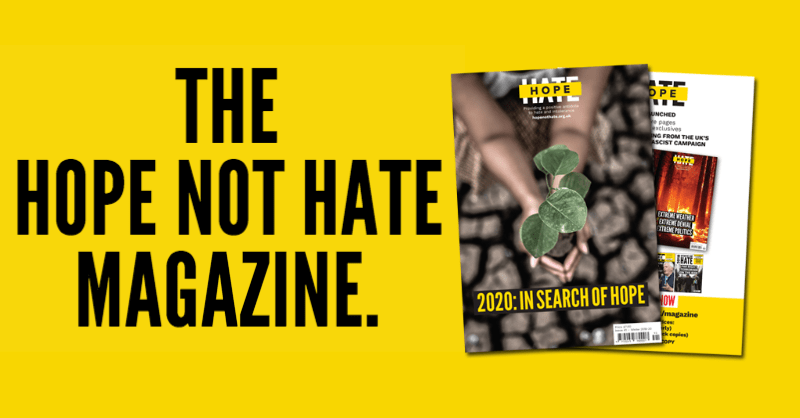HOPE not hate uses cookies to collect information and give you a more personalised experience on our site. You can find more information in our privacy policy. To agree to this, please click accept.
As it embarks upon a new term, the Government faces many challenges in instilling confidence among Muslim communities. They are concerned by a series of…

As it embarks upon a new term, the Government faces many challenges in instilling confidence among Muslim communities. They are concerned by a series of fundamental failures across the last few years.
These failures include a lack of policy action in the face of rising Islamophobia, inaction and apparent obliviousness to the rise of the Islamophobic far right, together with a lack of progress on the Muslim-related sections of the Hate Crime Action Plan 2016.
There is also an unwillingness to adopt the widely-supported definition of Islamophobia put forward by the APPG (All Party Parliamentary Group) on British Muslims, despite all other main political parties adopting the definition, alongside dozens of the top experts and academics in the field, plus Muslim communities up and down the country from all backgrounds. Instead the Government has listened to divisive figures who have wilfully misrepresented the definition as a supposed attack on ‘free speech’.
There has also been a promotion of Islamophobia in and by the governing party, with Islamophobia endemic in the Conservative Party, and promoted by leading politicians. Too much time has been spent listening to Islamophobes, not to Muslim communities – the Government has time and again failed to engage with Muslim communities and their representative organisations.
Even as the Prime Minister promotes Zac Goldsmith to the House of Lords – the man responsible for a racist Islamophobic campaign during the battle to become Mayor of London in 2016 – we must try to be hopeful.
Even as the Conservative Party refuses an independent inquiry into racism, but instead restricts the inquiry on processes, and chooses as its lead a person who has written for the controversial Spiked magazine.
Even when our Government does nothing when the president of the most powerful nation in the world shares Islamophobic hatred, when millions are in concentration camps in China, or when a detention camp for up to 1.9 million in Assam is built following statewide discrimination against Muslims in India.
The temptation to despair given the challenges around us is a strong one. Yet it is a temptation that must be resisted.
As we look forward, my hope is that allies, who see the hypocrisy and blatant racism that underlie these worldviews, come forward to support the fight against Islamophobia – taking care not to fall into that same Islamophobia whilst doing so.
The ideal outcome in the coming years is a transformation in how Muslim communities are viewed, treated and valued in our society. As such, there are practical measures that are pivotal to achieving this goal and that need our support.
First, is the adoption of the definition of Islamophobia. The Muslim Council of Britain will be campaigning on this point during the coming year. We need people to join, support us and help make a difference: because if we cannot identify and understand the tropes and drivers of Islamophobia, how can we really tackle it?
Second, we cannot allow the current process analysis to whitewash the serious institutional problems of Islamophobia in the governing party. We therefore need an inquiry into Islamophobia in the Conservative Party. If we are unable to tackle this racism at the centre of leadership in our society, how can we even hope to do so across the nation?
Third, and finally, we must listen to Muslim communities and actually focus on tackling Islamophobia. The Hate Crime Action Plan 2016 – the government’s blue print for dealing with hate crime through to 2020 – had many brilliant initiatives, including funding for security of faith institutions, engaging with faith community organisations, tackling the bullying of children due to their faith, improving education of the next generation about Muslims, and much more. However, none of these have been improved in the way expected. We need words to transform into real action and that will only come if the ministers in charge choose to act, and listen to those who understand these issues.
We have many among the Islamophobic far right, and their promoters among elements of the mainstream media, who have come out as passionate advocates of the Prime Minister and who continue to propagate hate against Muslims.
If the leadership of our nation, and allies across the political spectrum, work together with Muslim communities, we can change the path the country is going down on this issue.
I am not going to lose hope and will continue to pray that Muslims will be supported with the same passion and advocacy that has led to real improvements for other communities.
Together, change is possible.
Miqdaad Versi is head of public affairs at the Muslim Council of Britain.
